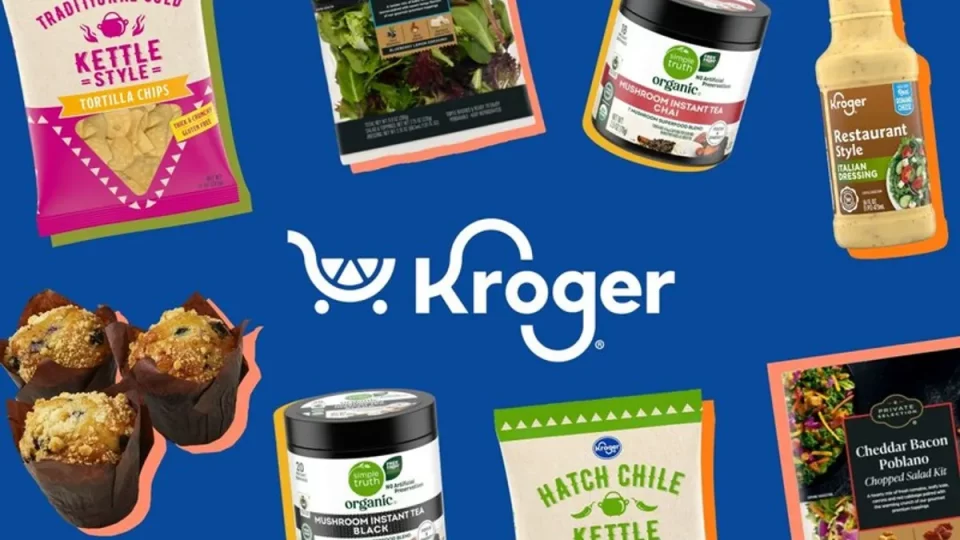Chicago, USA – U.S. grocery shoppers are increasingly turning to private-label and health-focused products, propelling chains like Kroger, Walmart, and Target to expand their store-brand offerings. Analysts note that the trend is reshaping the supermarket landscape, giving retailers greater control over pricing, quality, and brand perception.
Private-label products, including Kroger’s Simple Truth and Walmart’s Great Value, now account for a significant portion of total sales, particularly in categories such as organic foods, frozen meals, and household essentials. These brands offer consumers value without sacrificing quality, and their popularity has surged amid rising grocery prices.
“Consumers are looking for affordable, healthier options,” said retail analyst Jennifer Morales. “Private-label brands have become the go-to choice for families who want both savings and nutritional value.”
Health-focused products, including organic, plant-based, and low-sugar items, are increasingly prominent on supermarket shelves. Kroger has expanded its Simple Truth Organic line, while Walmart has introduced Marketside Select items that cater to dietary preferences such as gluten-free and keto-friendly.
Data-driven merchandising also plays a role. Retailers use AI and analytics to optimize shelf space, predict demand, and highlight healthier alternatives at key points in the store. “This is no longer just about price — it’s about helping shoppers make smarter, healthier choices efficiently,” Morales added.
The trend is particularly strong among millennials and Gen Z shoppers, who prioritize sustainability, nutrition, and transparency in sourcing. In response, retailers are also labeling products clearly and promoting traceability from farm to shelf.
Industry observers believe that private-label and health-focused growth is likely to accelerate in 2025. Retailers that successfully combine affordability, quality, and data-driven personalization will strengthen brand loyalty and maintain market share in an increasingly competitive sector.
“Supermarkets are redefining their role,” Morales said. “They are not just places to buy food — they are curators of healthier, smarter, and more affordable options.”


